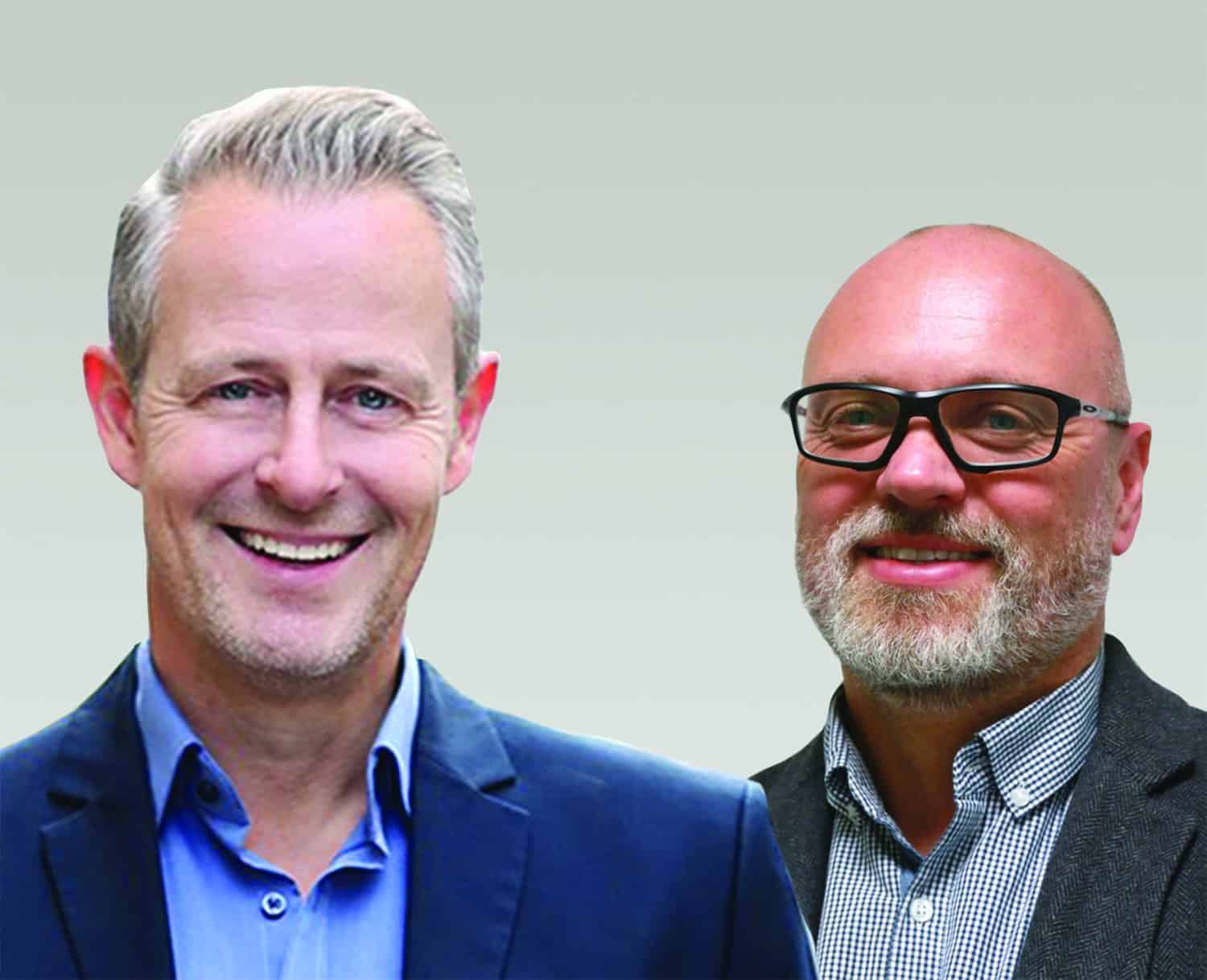
Healthcare professionals’ (HCPs’) expectations have been evolving for years, with a preference towards a mix of face-to-face and digital channels evident. The pandemic only accelerated this trend. To succeed in this ‘new normal’ customer environment, customer experience must become an operational imperative across all parts of the business. Adopting this is a huge shift in business strategy and mindset, affecting all teams and processes.
When delivering services to HCPs today, the focus should be on creating a great customer experience and making every touch point count. Leveraging omnichannel technology enables the collection of real-time user data and feedback to improve the quality of engagements and deliver on objectives.
To be truly customer-centric, pharma must make the shift towards identifying and isolating areas of improvement in overall customer experience through the lens of technology-driven solutions.
As a result of the increased preference for digital content consumption, face-to- face engagement with HCPs should focus on deepening or reinforcing knowledge that HCPs have already consumed through alternative formats or channels.
Medical and commercial field teams need to embrace digital technology as an enabler, leveraging it to support the customer journey and make it more personal. Providing a consistent, seamless experience across all contact points is key.
The new environment also calls for individuals who can make the move to specialising in specific areas of thought leadership, concentrating on really understanding value for the customer. Delivering subject matter expertise that expands the thinking of HCPs rather than product knowledge only, helps to build a partnership. By layering in more channels for meaningful knowledge sharing, field sales teams and key account managers can ensure that the face-to-face interactions are impactful, ultimately increasing HCP satisfaction.
Successfully achieving behaviour change of HCPs in this omnichannel environment starts by driving behaviour change and capability development within sales teams. At an organisational level, commercial excellence leads and senior leaders should ensure that a change management plan is in place. The plan should address not just the field teams, but also the broader needs and training requirements of other roles impacted by this shift, including first-line managers (FLMs) and marketers. It should provide them with the tools and training to drive their own capability and confidence.
Leaders must look internally, considering where they are on this evolution journey and the support they and their direct reports might need. It is important they set a strong example, understanding the strategy, channels and offerings open to the field teams, as only a true understanding will build trust and augment the right coaching and mentoring support.
Additionally, FLM buy-in is essential. FLMs will benefit from coaching and upskilling to support them in their assessment, coaching, training and growing the business with their reports using in-person and virtual platforms, as well as omnichannel marketing delivery.
Before FLMs themselves get involved in driving behavioural change, they must focus on the behavioural mindset of field teams. Digital transformation can be perceived as a ‘threat’ to field roles, the FLMs’ play a central role in alleviating this perception and instead deploying encouraging language to create positive intent within their teams.
The focus for FLMs then shifts to the changing behaviour of their teams’ engagement with HCPs across multiple channels. The culture should encourage exceptional customer experience by meeting customers where they are, via their preferred medium, at a time that suits them.
To achieve this, FLMs must take time to address each individual team member’s mindset and gain a clear picture of where they are on the digital change curve; this can be done by undertaking a training needs analysis and benchmarking the current capabilities against a future-fit capability framework. The gaps should be analysed at both an individual and team level, allowing for co-creation of tailored plans for each person, dependent on where they are on the change curve and the capability gaps identified. By applying appropriate support intervention and engagement, FLMs will enable individuals to move through to acceptance and engage positively with the new approach, simultaneously maximising HCP satisfaction.
Ultimately, putting customers first and creating a customer-centric culture is key. Businesses must continually look to improve the customer experience and ensure that customer needs guide internal decision-making. Driving this evolution requires robust internal change management, supporting all relevant functions, gaining their buy-in, and supporting them as they develop and build the new skills required.





